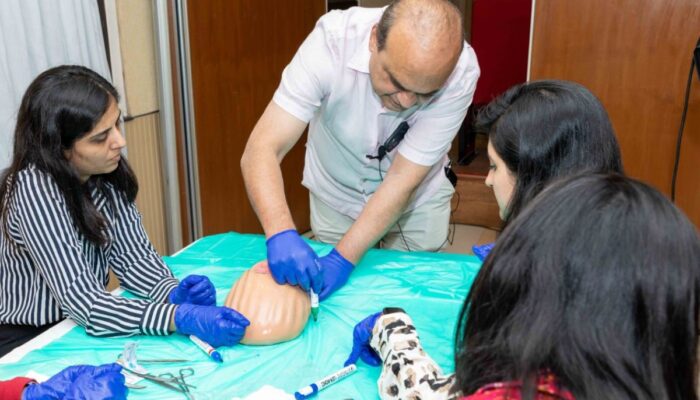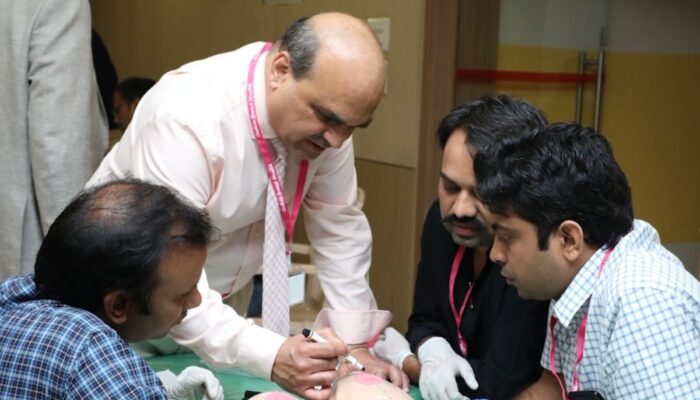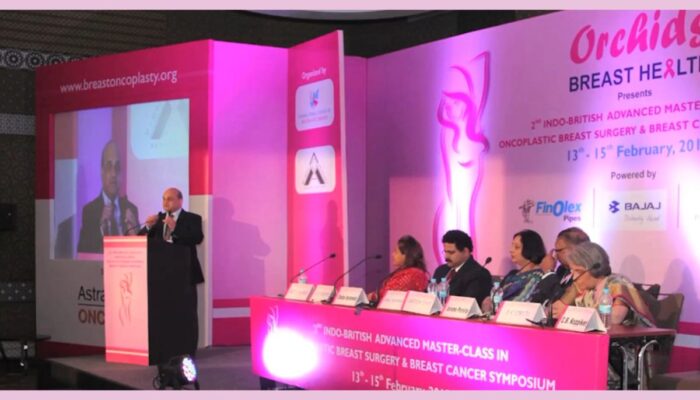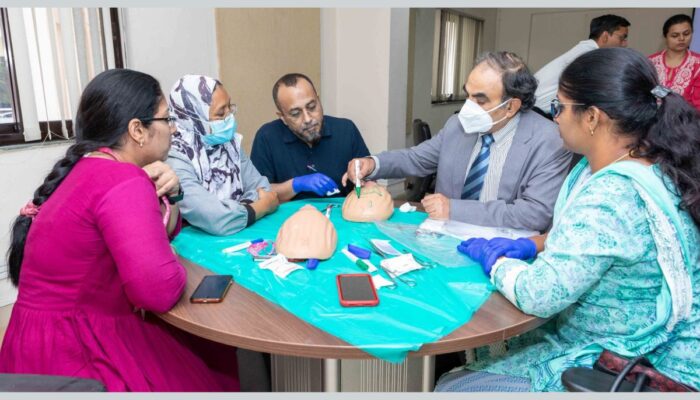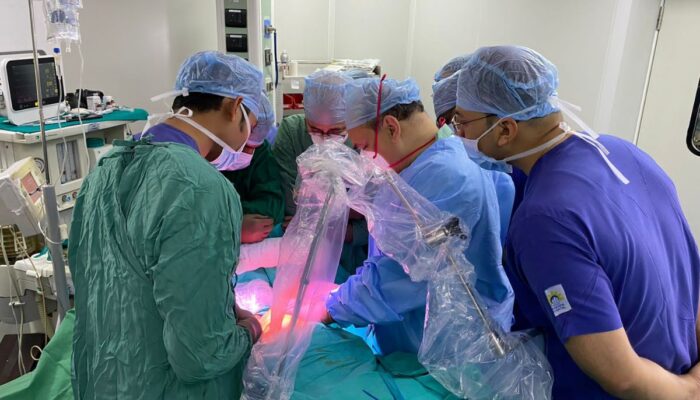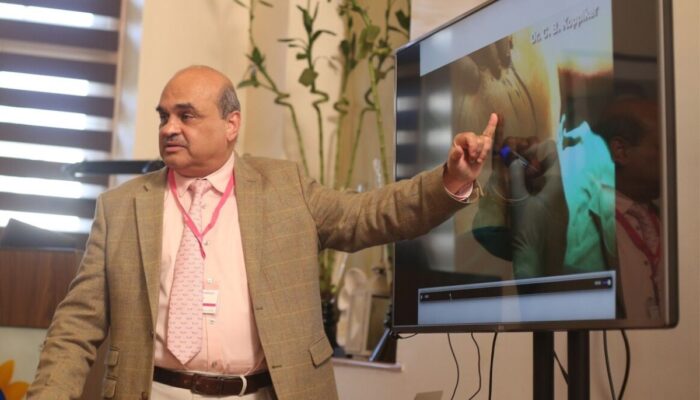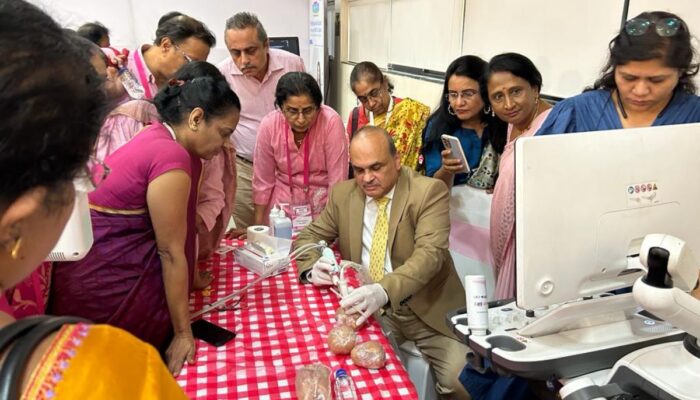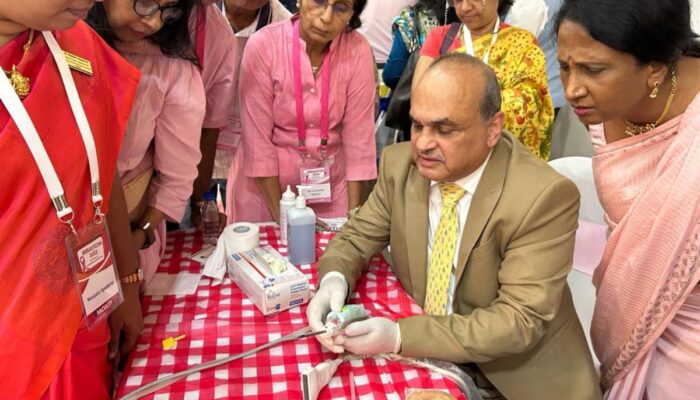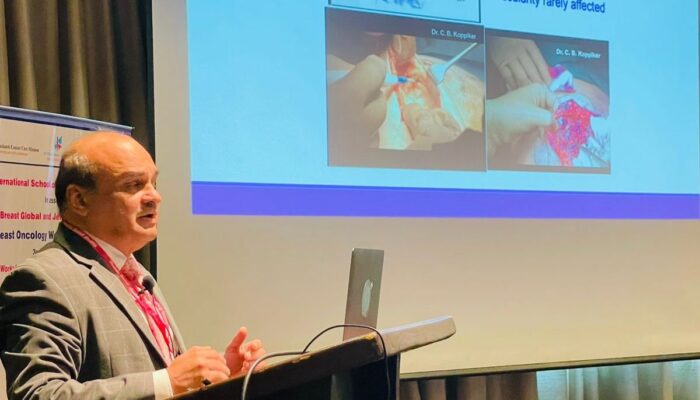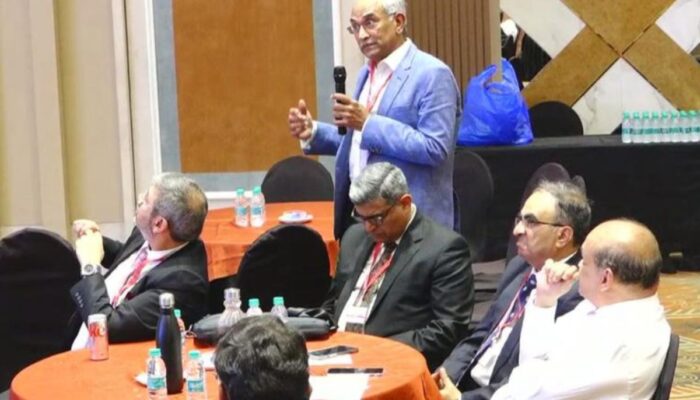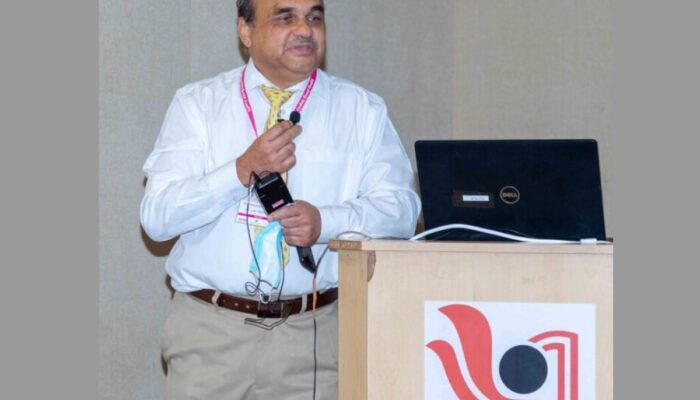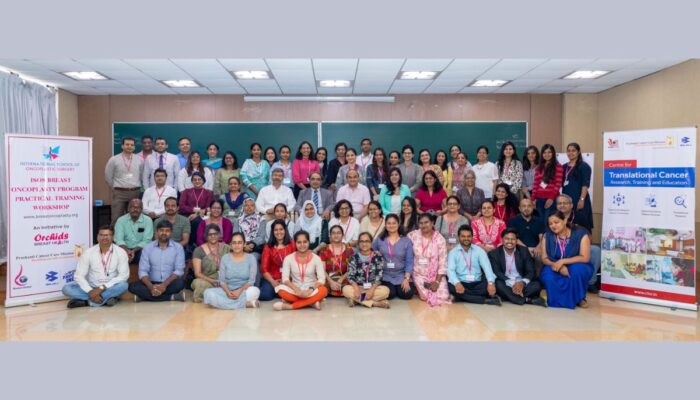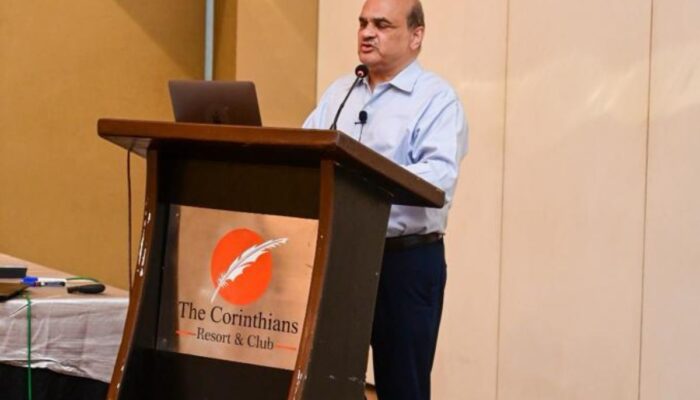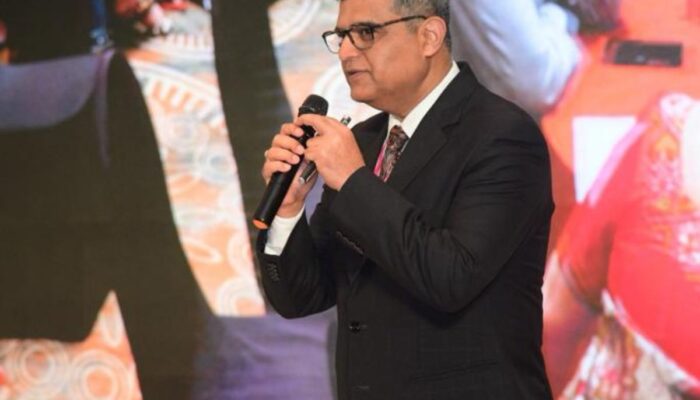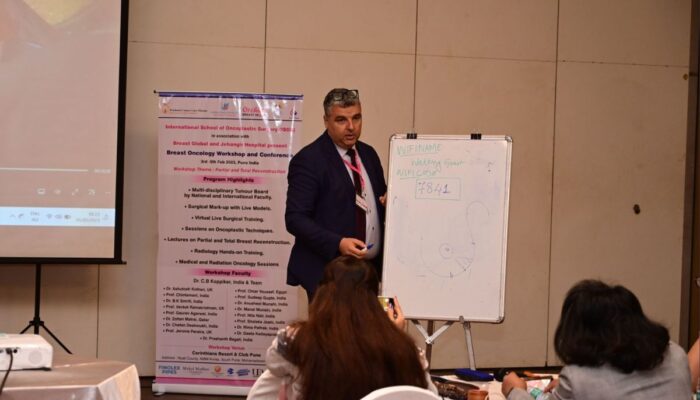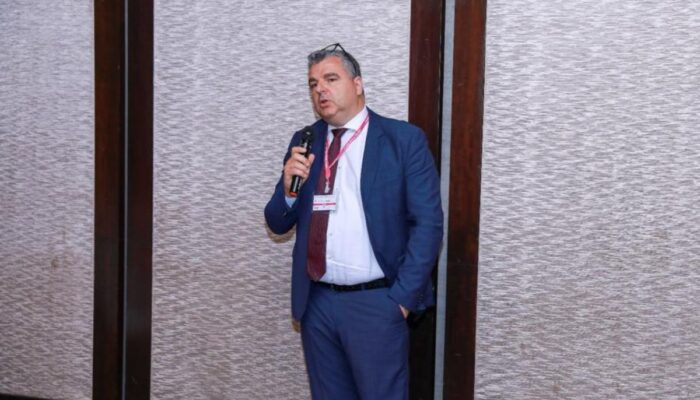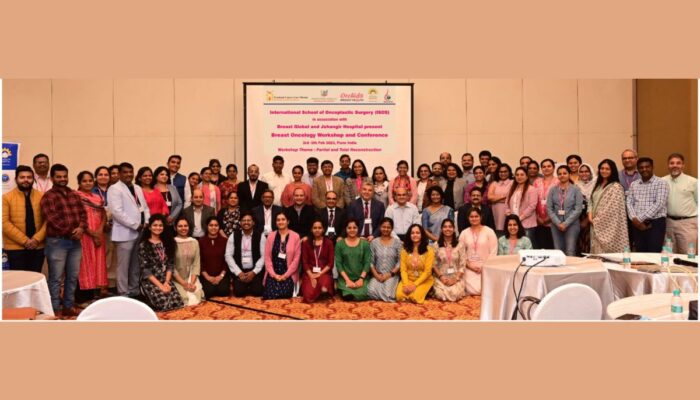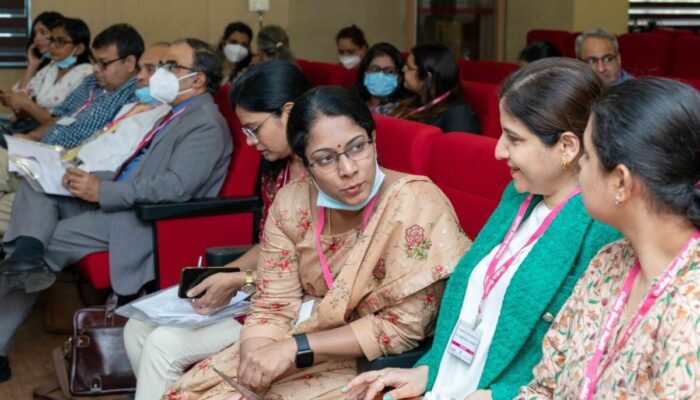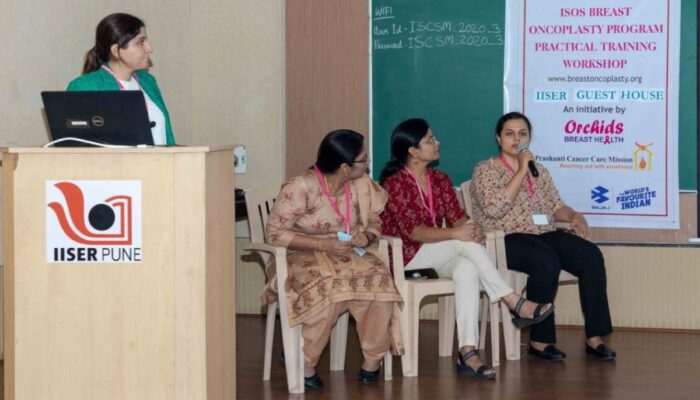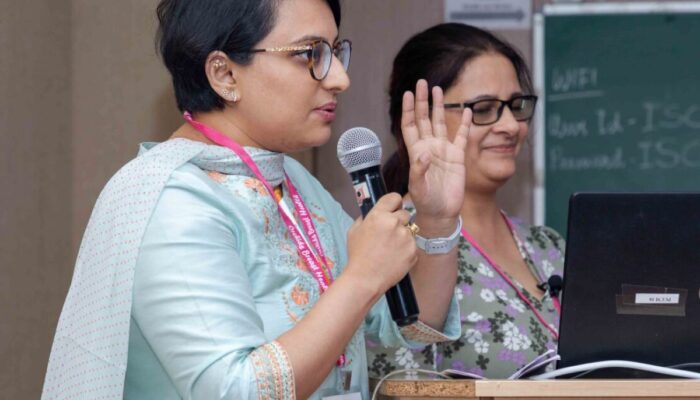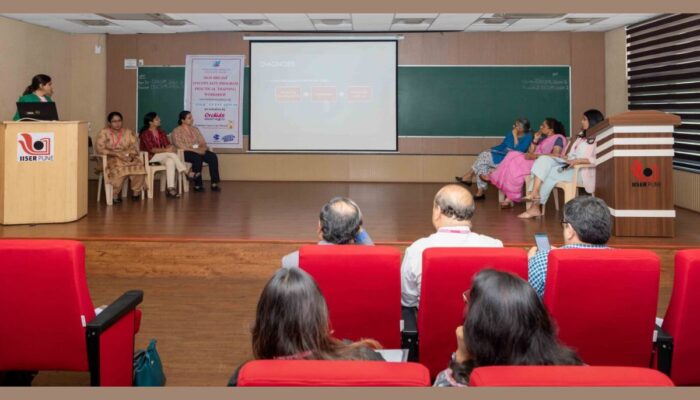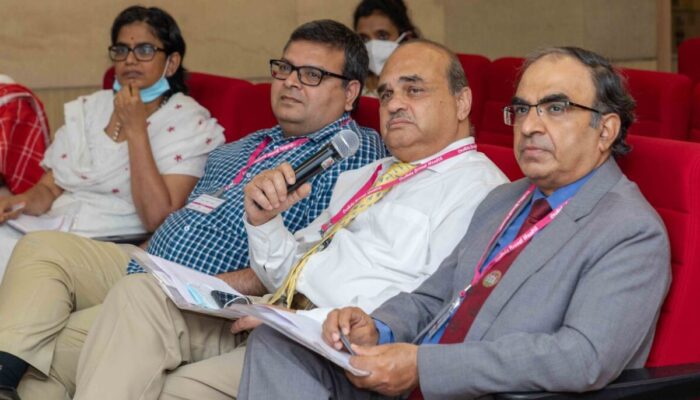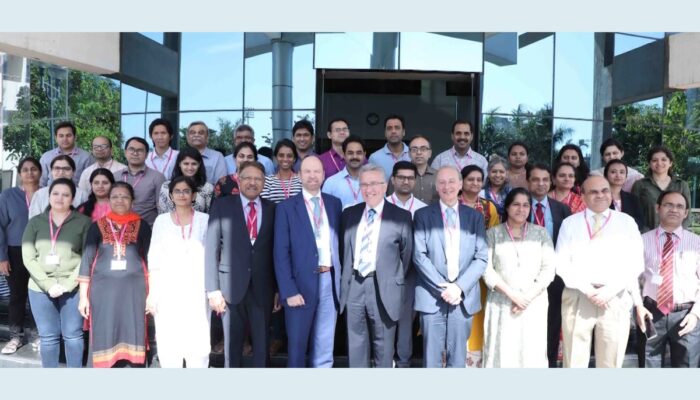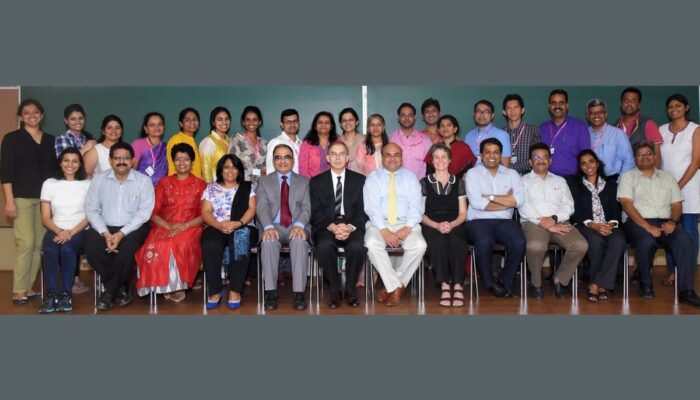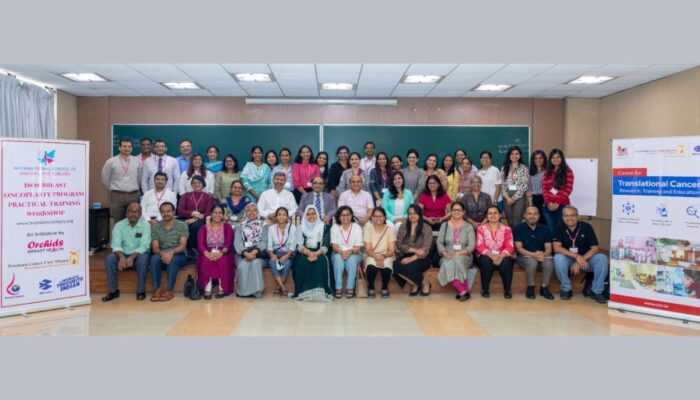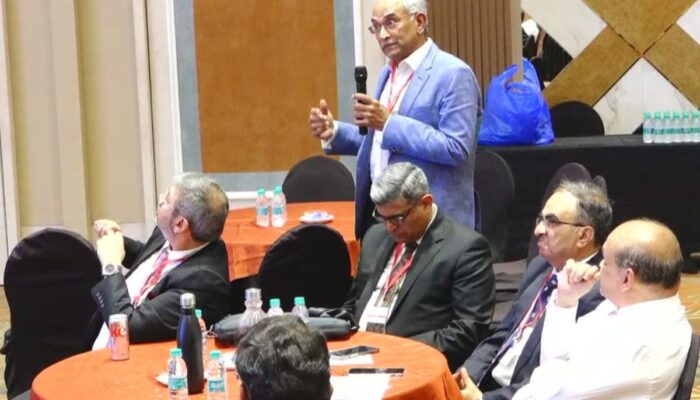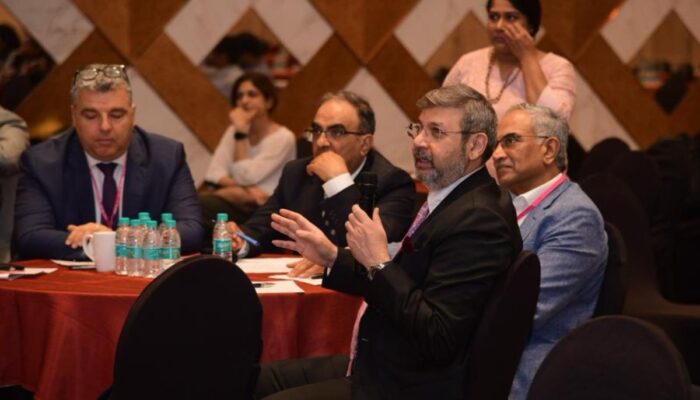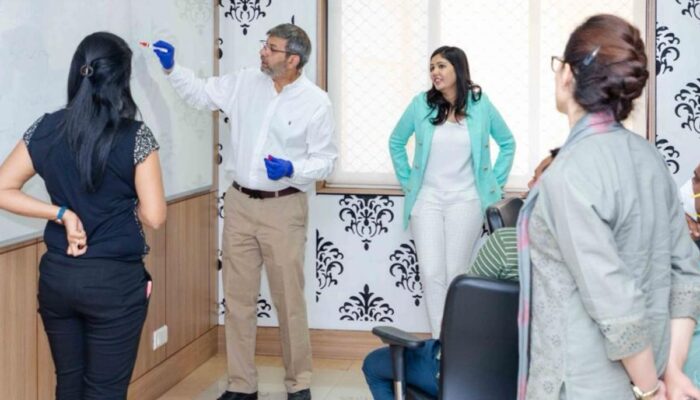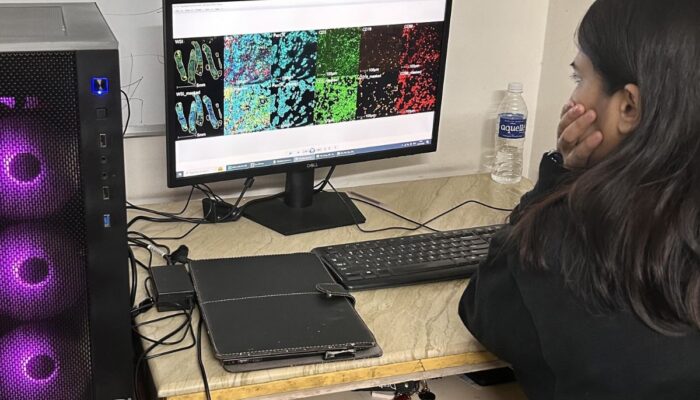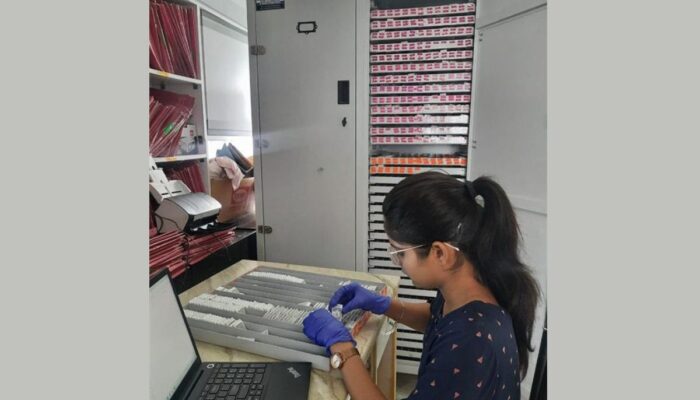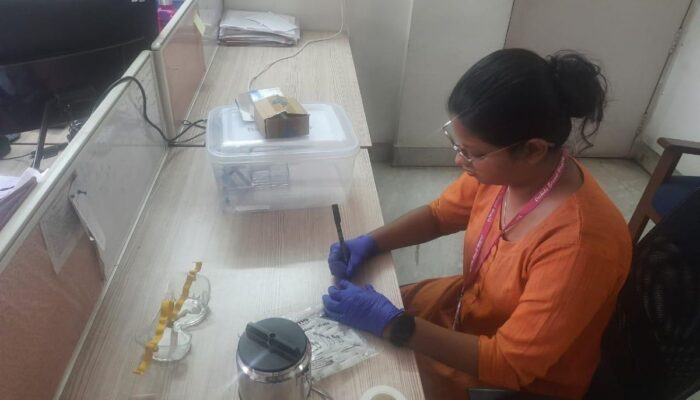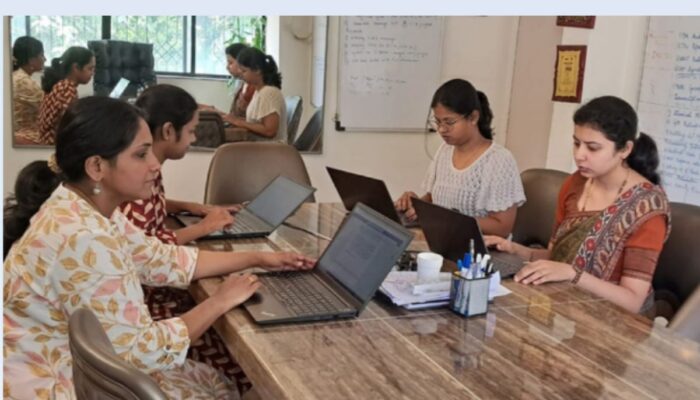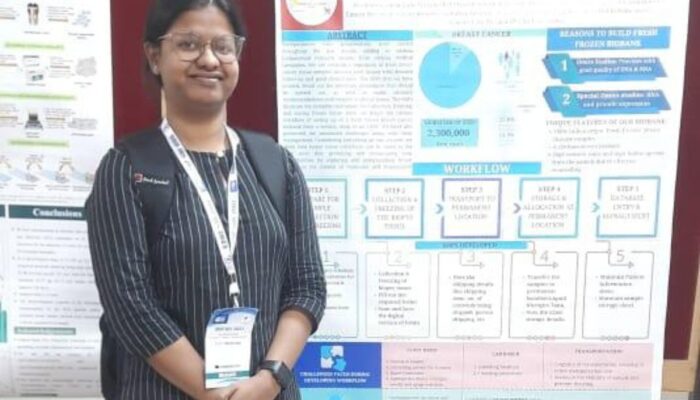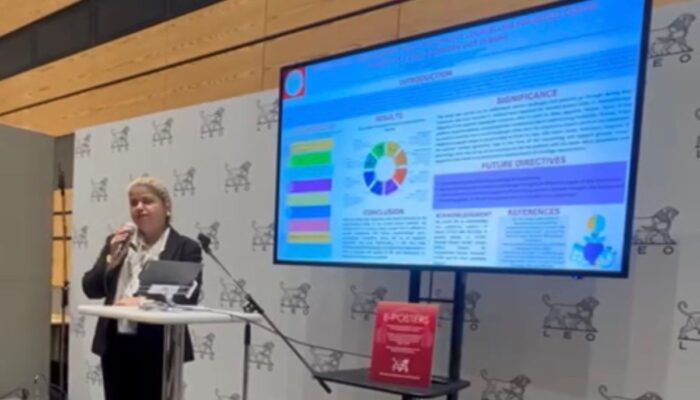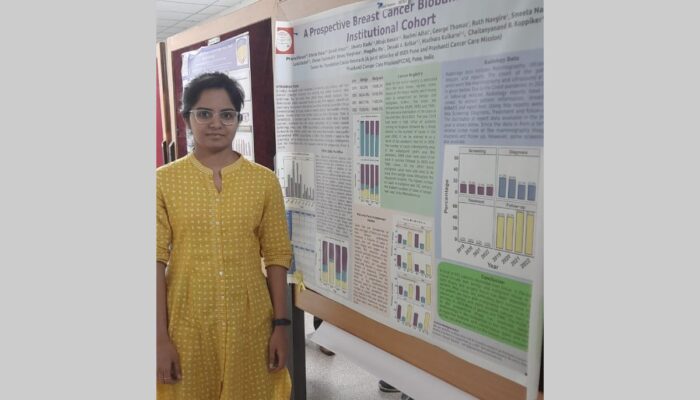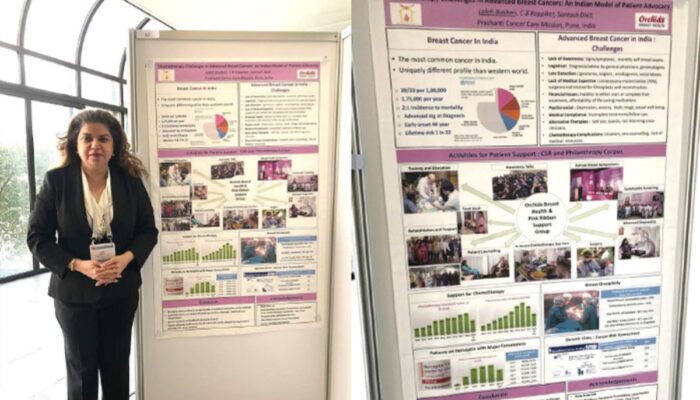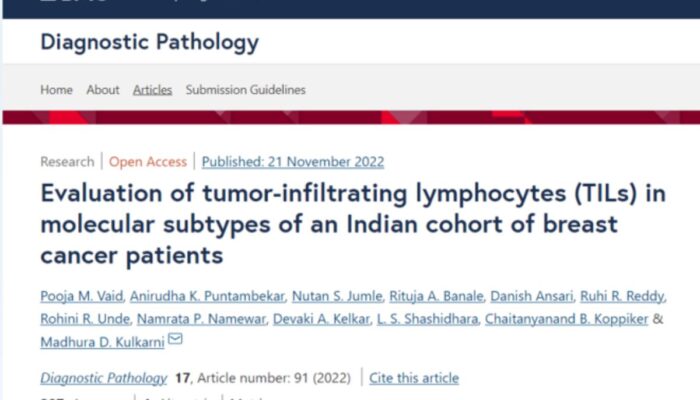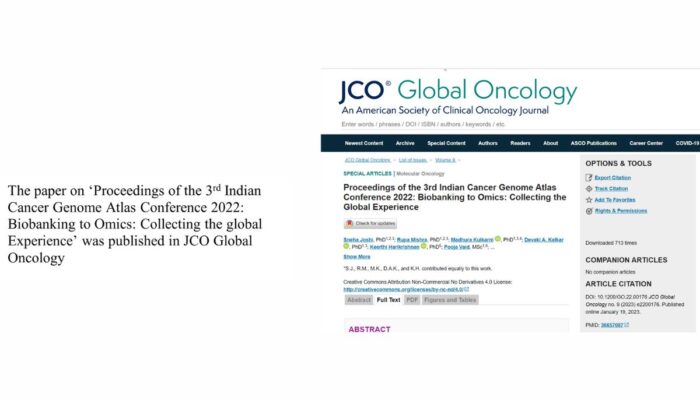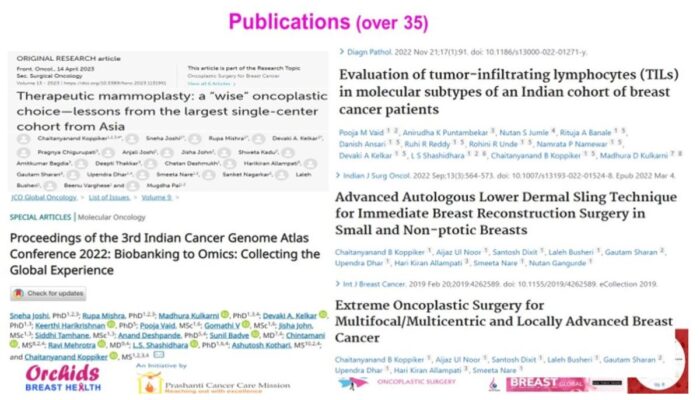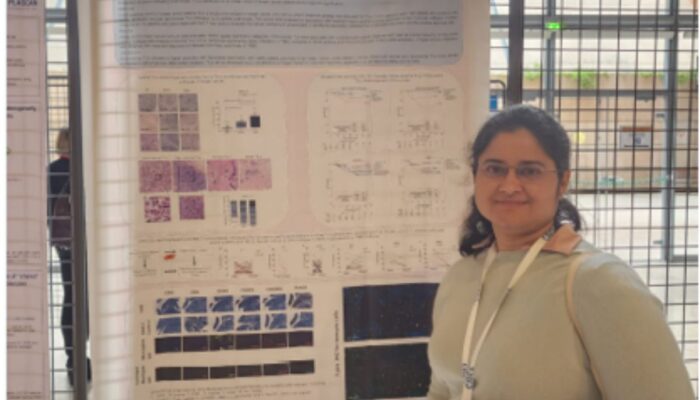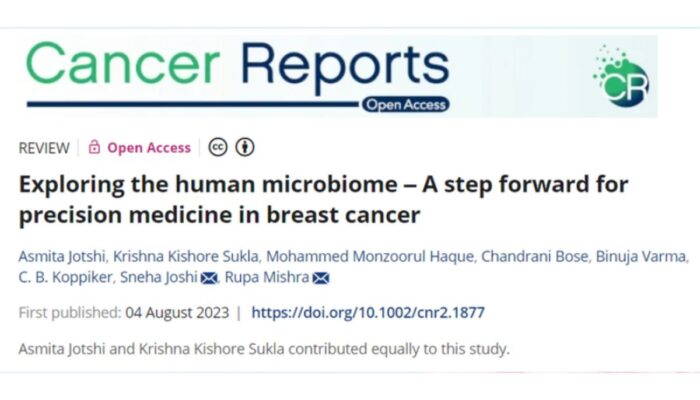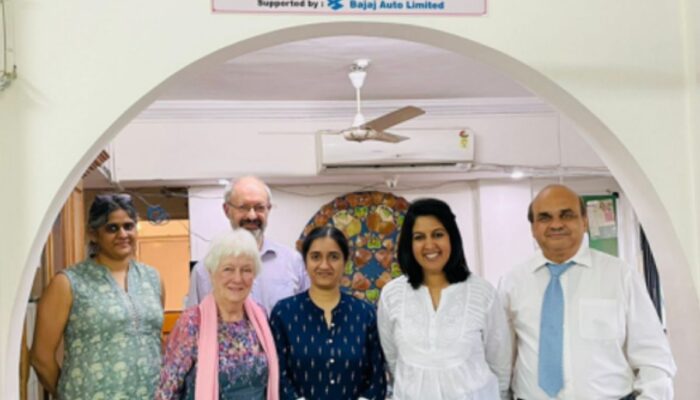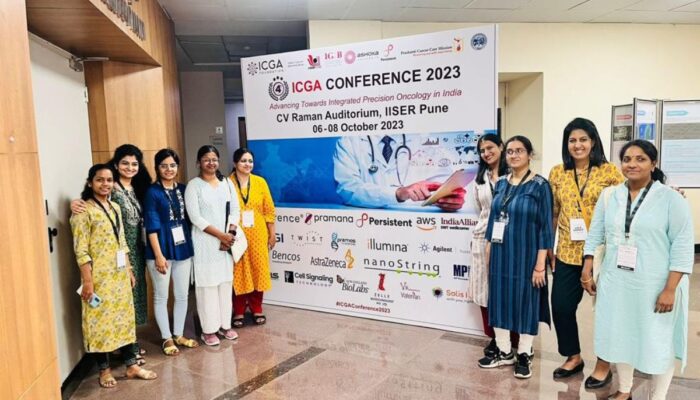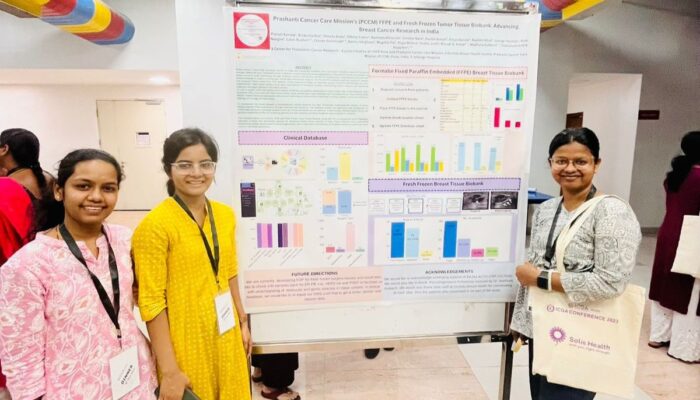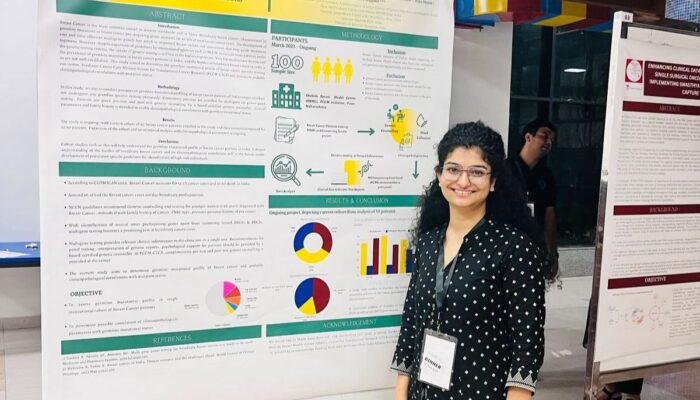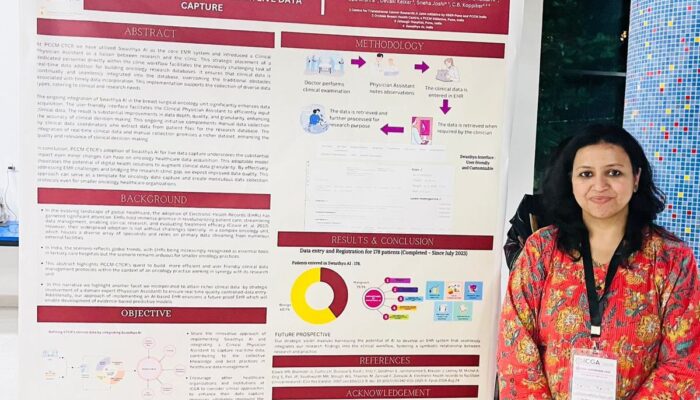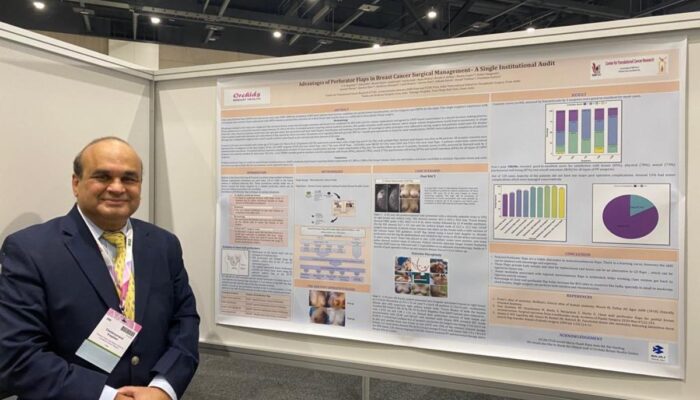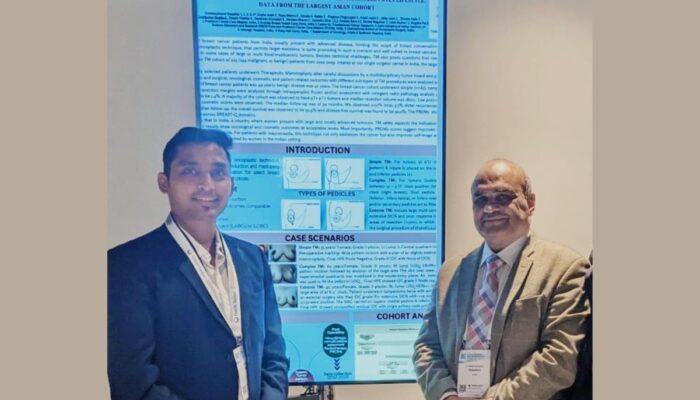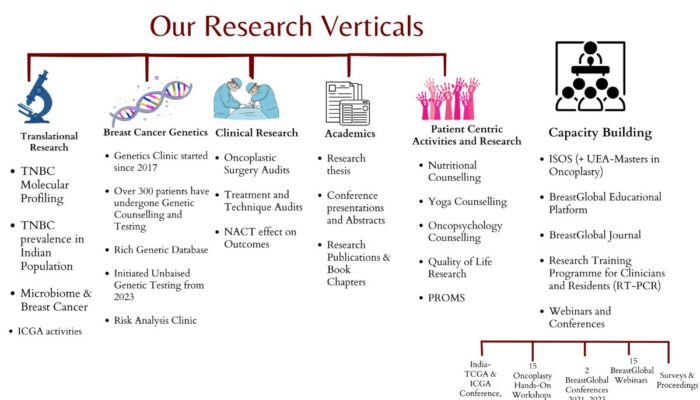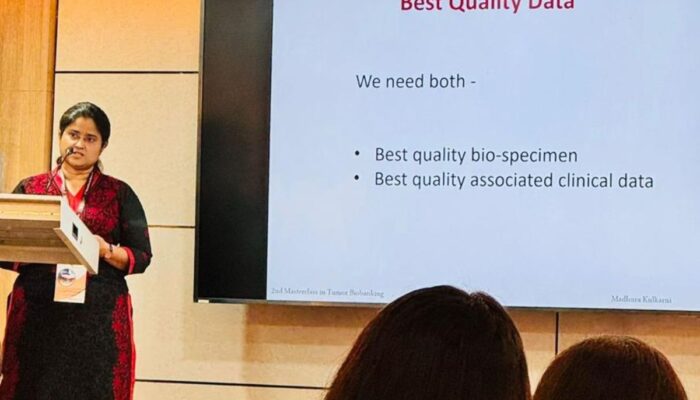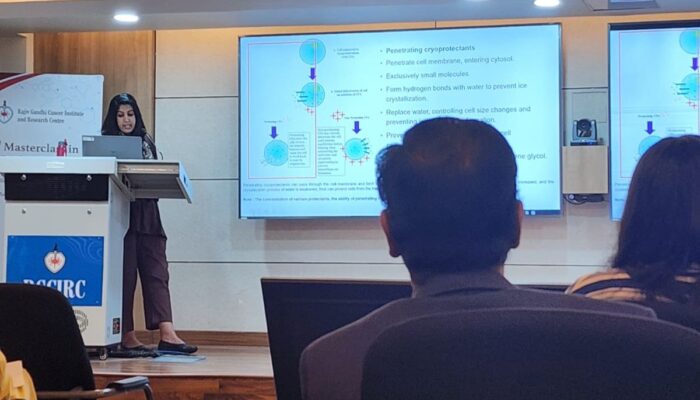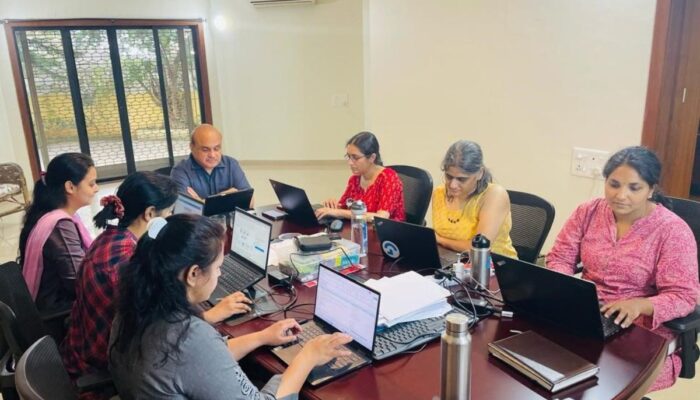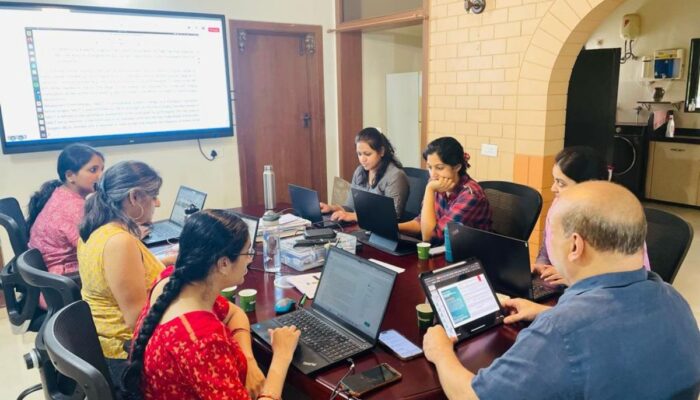
Trained
Dr. Koppiker has an extensive experience of over two decades in conducting Oncoplastic Breast Surgeries. He is an expert in various advanced techniques in Oncoplastic Breast Surgery – prominent ones being Mastectomy with Immediate Reconstruction, Therapeutic Mammoplasty, Vacuum Assisted Biopsy procedures and Sentinel Node Management. Given his experience he would like to impart his knowledge through various capacity building programs.
BreastGlobal academic platform was established by Dr. Koppiker in collaboration with his colleagues Prof. Chintamani and Dr. Kothari to bridge gaps in knowledge by providing a single platform where experts, trainees and industry can have access to global learning and training opportunities.
Dr. Koppiker is the regional convenor of the Masters in Breast Oncoplasty Program, based on the award-winning ‘Masters’ in Oncoplastic Breast Surgery programme conceived by the surgeons at UEA. It is the only course in Asia to offer cutting-edge training in the niche field of Breast Oncoplasty. Dr. Koppiker offer this program through the International School of Oncoplastic Surgery (ISOS), that he established in 2014.
International School of Oncoplastic Surgery (ISOS) was founded by Dr. Chaitanyanand Koppiker, with an aim to fill the existing gaps pertaining to surgical training in the niche field of Oncoplastic Breast Surgery.
Young and aspiring surgeons from across India and neighbouring nations will continue to be trained through this program.Under ISOS, Breast Oncoplasty online training program and various webinars on oncoplasty techniques and training are being conducted.
Research

Prashanti Cancer Care Mission, Pune has a growing Cancer research department. In a powerful model of public-private partnership, IISER Pune and Prashanti Cancer Care Mission established the Center for Translational Cancer Research (CTCR). CTCR aims to bring together clinicians and researchers to integrate cancer research, training, and education. This Centre is a first-of-its-kind initiative in India with world-class infrastructure and facilities for multidisciplinary Research and training in clinical and translational oncology. We anticipate that the activities of the Centre will have a direct positive impact on the national capacity for translational cancer research and, most importantly, on the effective management of cancer in India.
PCCM’s mission is to address the unique clinical features and demographic distribution of breast cancer in India. With an emphasis on Triple Negative Breast Cancers (TNBC), prevalent and aggressive in Indian women, our efforts, in conjunction with IISER-Pune, have provided deeper insights into the molecular aspects of various breast cancer subtypes.
In 2018, Prashanti Cancer Care Mission initiated a breast cancer patient database and tissue repository to profile breast cancer in the Indian cohort. Recognizing the distinct nature of breast cancer in India, PCCM established a comprehensive biobank and clinical database to support cutting-edge research. The PCCM FFPE biobank, consisting of consented tissue from 1625 patients, and the Indian-origin Fresh Frozen Biobank, with over 100 samples since November 2022, have played a pivotal role in translational studies and advancing treatment strategies tailored to the Indian context.
To complement the tissue biobank, a robust clinical database was established, facilitating the tracking of breast disease patients from presentation through treatment and follow-up. This database digitizes critical data resources, including valuable follow-up clinical information, family history, and germline mutational profiles, enriching clinical data for research. Ethical considerations are paramount, with carefully crafted SOPs guiding the collection, freezing, and storage of frozen tissue.
The Prashanti Cancer Care Mission FFPE and Fresh Frozen Tumor Tissue Biobank, coupled with the clinical database, stand as pioneering assets driving forward breast cancer research in India. These endeavors not only facilitate clinical and translational studies but also contribute to the development of India-specific surgical and treatment evidence through clinical audits. They empower personalized treatment approaches and enhance our comprehension of the genetic patterns inherent in breast cancer within the Indian population.

